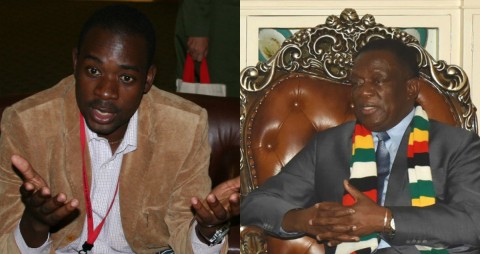Nelson Chamisa, former pastor, continues to contest election of Zimbabwe president Emmerson Mnangagwa
Religious leaders have called for peace. Some wish they were calling for a new vote.

Zimbabwe’s opposition leader Nelson Chamisa, a lawyer and Pentecostal pastor who has a degree in theology from a Harare seminary, has continued to refuse to accept the results of the country’s disputed presidential election in July, and has mobilized nationwide rallies.
Chamisa, 40, wrote on social media after a thank-you rally in November: “The support in the country is humbling and inspiring. People voted. They cheated. We resist the cheating!”
President Emmerson Mnangagwa, 75, was declared winner, garnering more than 50 percent of the vote to avoid a runoff election against Chamisa, who reportedly won 44.3 percent of the vote. A subsequent court ruling upheld Mnangagwa’s win. Scores of people were killed or injured in a crackdown following the election.




